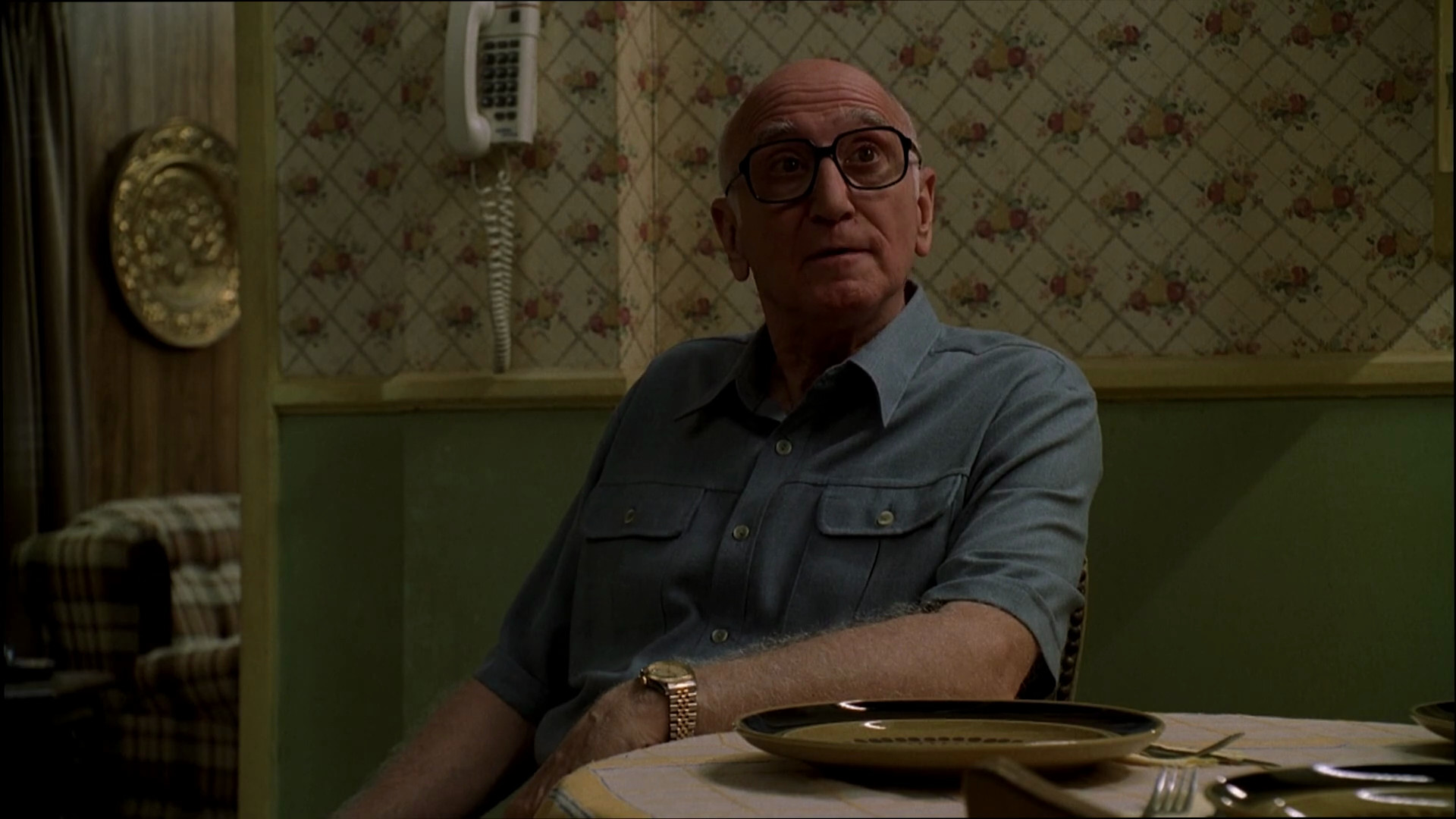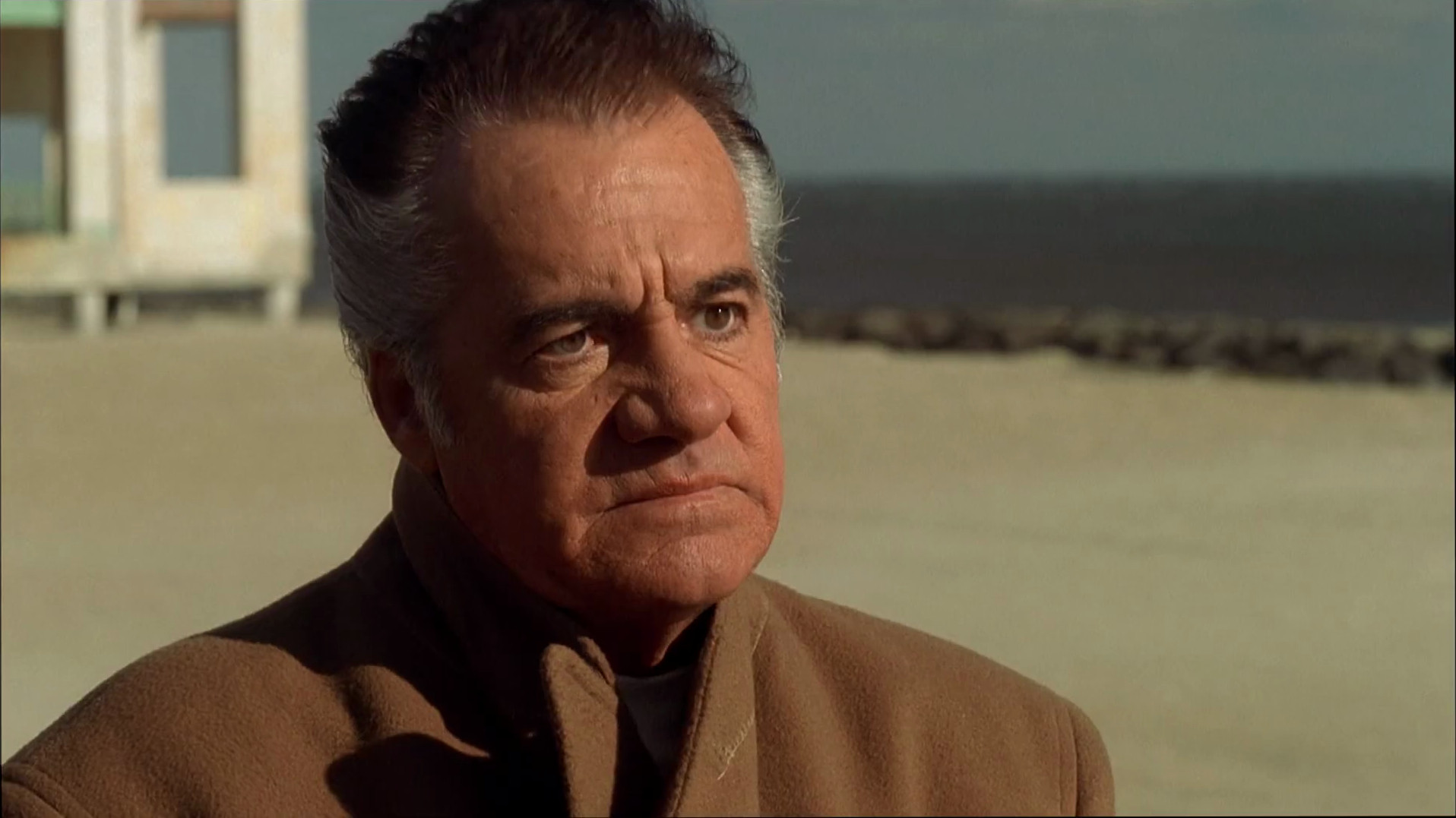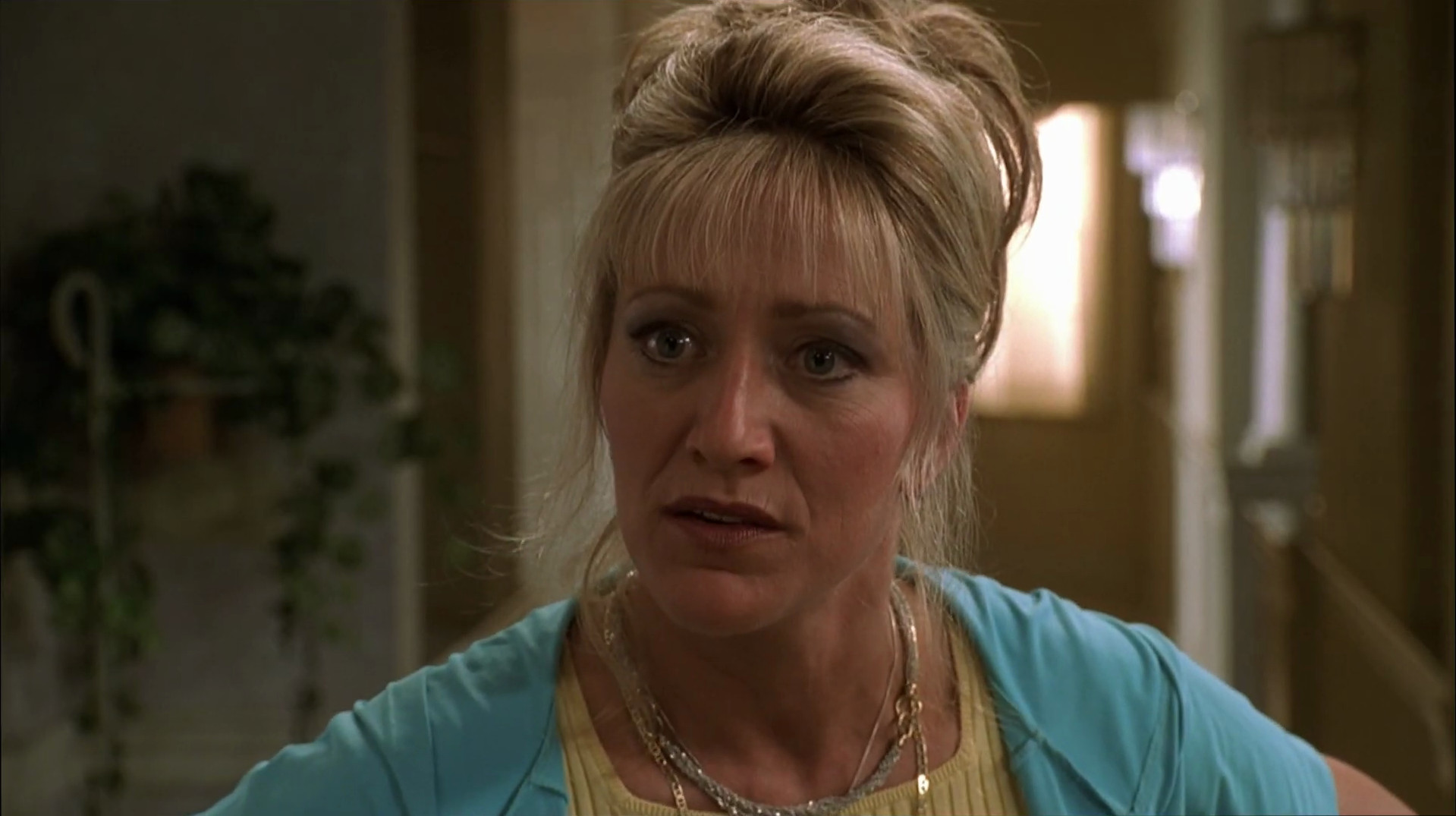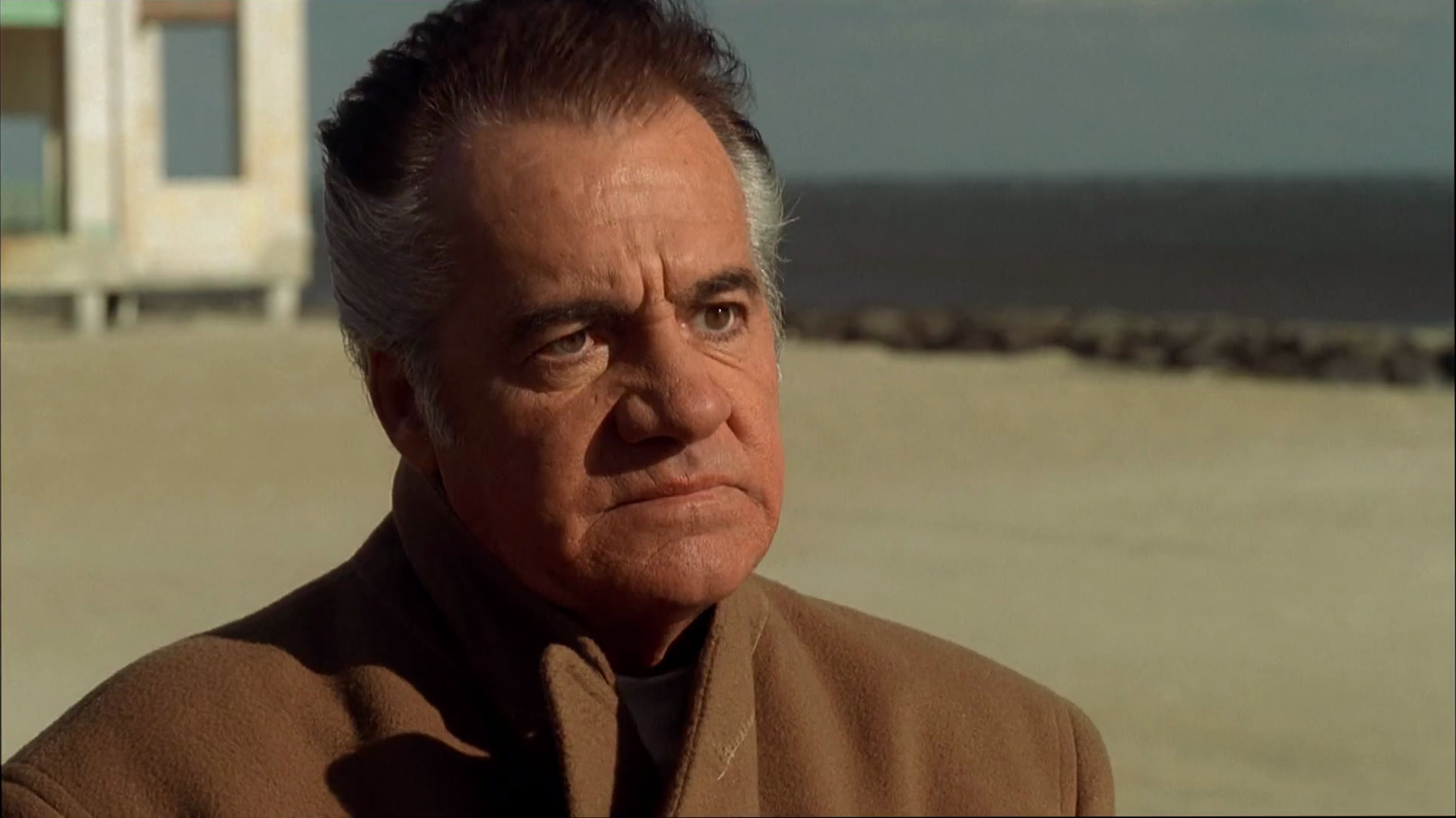- America’s Forgotten Terror Attacks - April 10, 2025
- The Hidden Link Between Real Estate and Organized Crime in the U.S. - April 10, 2025
- Organized Crime in the U.S. Postal System: An Unlikely Criminal Pipeline - April 10, 2025
The Real-Life Inspiration Behind The Sopranos

The Sopranos, a groundbreaking series created by David Chase, finds its roots deeply entrenched in real-life mobster lore. Tony Soprano, the central character, is often thought to be a composite of notorious figures like John Gotti, the infamous “Teflon Don,” and other mob leaders who ruled with an iron fist. In a 2021 article from *The New Yorker*, it was revealed that Chase drew heavily from his own experiences and observations of organized crime in New Jersey. This blend of personal insight and historical fact lent the series a sense of authenticity that resonated with audiences. By weaving real events and personalities into the fabric of the show, The Sopranos managed to create a chilling yet intriguing depiction of mob life.
The Psychological Depth of Mobsters

One of the most gripping elements of The Sopranos is its deep dive into the psychological struggles faced by mobsters. Tony Soprano’s therapy sessions with Dr. Melfi are not just plot devices but windows into the emotional turmoil and mental health issues that plague those entrenched in organized crime. A study published in the *Journal of Criminal Psychology* in 2022 found that many mobsters grapple with anxiety and depression, a reflection of the violent and unpredictable nature of their lifestyle. This mirrors Tony’s own character arc, where his internal battles often overshadow his external conflicts. By portraying mobsters as complex individuals rather than one-dimensional villains, the series challenges viewers to empathize with characters who live in a world of moral ambiguity.
Family Dynamics and Loyalty

Family loyalty is a cornerstone of The Sopranos, mirroring the real-life importance of familial ties in organized crime circles. Criminologist Dr. John Hagan’s research indicates that for mob families, loyalty often trumps legality, a theme that is evident throughout the series. The intricate relationships between Tony, his manipulative mother, and his children underscore how family bonds can be both a source of strength and a source of conflict. These dynamics are not just fictional constructs but reflections of the real pressures and expectations placed on those within mob families. By highlighting these complexities, The Sopranos offers a nuanced portrayal of how personal relationships shape and are shaped by a life of crime.
The Role of Women in Organized Crime

The Sopranos presents a layered view of women’s roles within the mob, challenging traditional stereotypes. Characters like Carmela Soprano and Dr. Melfi exemplify the dual roles women often play in organized crime settings. According to a 2020 study from *Crime, Media, Culture*, women in the mob frequently occupy both supportive and independent positions, influencing operations behind the scenes while navigating their own moral dilemmas. The series reflects this duality, portraying women as both enablers and formidable figures in their own right. By doing so, The Sopranos not only broadens the narrative scope of organized crime but also acknowledges the significant impact women have within these traditionally male-dominated spheres.
The Impact of Law Enforcement
The ongoing battle between organized crime and law enforcement is depicted with striking accuracy in The Sopranos. The character of Agent Harris embodies the relentless pursuit of mobsters by federal agents, a theme grounded in reality. The FBI’s 2022 Organized Crime Assessment highlights the increased focus on dismantling mob operations through intelligence-led policing. By showcasing this cat-and-mouse dynamic, The Sopranos underscores the persistent efforts of law enforcement to curb the influence of organized crime. This portrayal not only heightens the tension within the series but also reflects the real-world challenges faced by agencies in their fight against the mob.
The Influence of Italian-American Culture

The Sopranos delves into the rich tapestry of Italian-American culture, exploring traditions, values, and the immigrant experience. A 2021 report by the *Pew Research Center* found that Italian-Americans often contend with stereotypes linked to organized crime. The series both perpetuates and challenges these stereotypes, offering a more nuanced portrayal of Italian-American identity. By weaving cultural elements into its narrative, The Sopranos provides a broader context for understanding the characters’ motivations and actions. This cultural exploration adds depth to the series, allowing viewers to see beyond the crime and into the lives of those who navigate this dual identity.
The Real Cost of Organized Crime
The financial ramifications of mob activities are a central theme in The Sopranos. A 2023 report by the *National Gang Center* estimates that organized crime costs the U.S. economy billions annually through activities such as drug trafficking, extortion, and racketeering. The series illustrates these financial dynamics through Tony’s various business ventures, highlighting the intersection of crime and legitimate enterprise. By portraying these economic aspects, The Sopranos sheds light on the broader impact of organized crime on society. It emphasizes that the allure of wealth often comes with a steep price, both for individuals and the communities they inhabit.
The Evolution of Mobster Archetypes
The Sopranos played a pivotal role in the evolution of mobster archetypes in popular culture. Unlike previous portrayals that often glorified mob life, the series presents a more humanized and flawed depiction of its characters. A 2022 analysis in *Media, Culture & Society* notes that this shift has influenced subsequent crime dramas, encouraging a more complex understanding of criminal behavior. By focusing on the psychological and emotional dimensions of its characters, The Sopranos challenges viewers to rethink their perceptions of mobsters. This nuanced portrayal has not only redefined the genre but also paved the way for more sophisticated storytelling in crime dramas.
The Legacy of The Sopranos

The Sopranos has left an indelible mark on both television and the perception of organized crime. Its blend of drama, dark humor, and psychological insight set a new standard for storytelling in the genre. A 2023 survey by *Entertainment Weekly* frequently cites the series as one of the greatest television shows of all time, a testament to its enduring legacy. By pushing the boundaries of traditional crime narratives, The Sopranos has influenced a generation of writers and directors. Its impact extends beyond entertainment, prompting discussions about the nature of crime, morality, and the human condition.
Conclusion: Fiction Meets Reality

In conclusion, The Sopranos offers a compelling exploration of organized crime, skillfully blending fiction with elements of reality. Through its complex characters and intricate storylines, the series sheds light on the psychological, cultural, and economic aspects of mob life. While it may take creative liberties, the show remains a significant commentary on the realities of organized crime in America. It invites viewers to question their assumptions and consider the multifaceted nature of crime and its impact on individuals and society.




